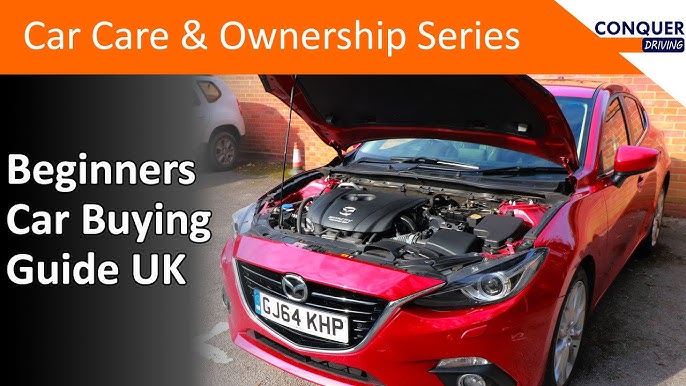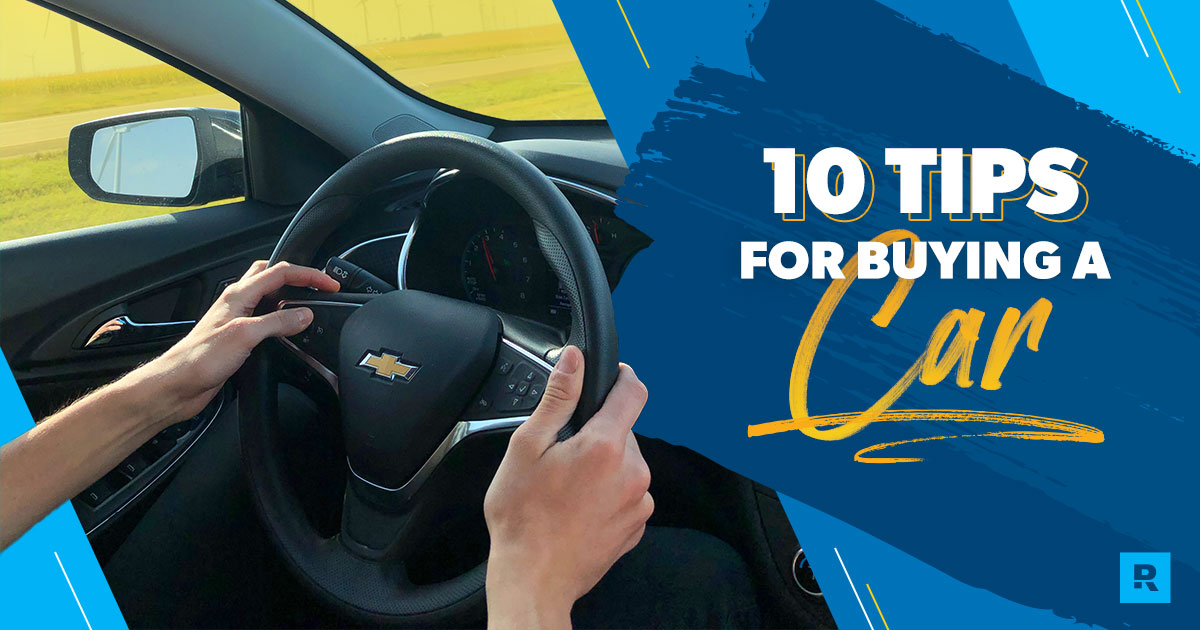Buying your first car is exciting but can feel overwhelming. There are many factors to consider.
For beginners, the car buying process can be tricky. From understanding finance options to selecting the right model, every decision matters. This guide aims to simplify the journey for new buyers. It covers essential tips to help you make an informed choice.
You’ll learn what to look for and what to avoid. By the end, you’ll feel confident in your ability to navigate the car market. Ready to get started? Let’s dive into the world of car buying with these beginner-friendly tips.

Credit: www.youtube.com
Researching Your Options
Begin by knowing how much you can spend. Set a budget that includes all costs. Think about the price of the car, insurance, and maintenance. Don’t forget to add fuel costs. Stick to your budget to avoid financial trouble.
Decide what type of car suits your needs. Small cars are great for city driving. SUVs are better for families and rough roads. Electric cars save on fuel but cost more upfront. Think about your lifestyle and daily needs. Test drive different cars before buying.
New Vs. Used Cars
New cars offer the latest technology and warranty coverage. Used cars often come at a lower price with depreciation already factored in. Consider budget, needs, and long-term costs when choosing between them.
Pros Of New Cars
New cars come with the latest technology. They have advanced safety features. New cars are more reliable. They offer warranty coverage. You can choose the exact color and features. New cars have better fuel efficiency. They offer lower maintenance costs at first. You get that new car smell.
Advantages Of Used Cars
Used cars cost less. They depreciate slower than new cars. Insurance rates are lower for used cars. They offer a variety of models. You can find reliable used cars easily. Certified pre-owned programs add value. Used cars have a history of performance. They offer more flexibility in budget.
Financing Your Purchase
Many people use loans to buy cars. Banks offer different loan terms and interest rates. Some loans have lower rates but longer terms. Credit unions often provide better rates. Online lenders can also be an option. Compare offers before choosing.
Leasing is another choice. You pay monthly for the car. At the end, you return it. Leasing usually has lower monthly payments. But you don’t own the car. There may be limits on how many miles you can drive. And you must keep the car in good shape. Read the lease terms carefully.

Credit: www.youtube.com
Car Features To Consider
Good safety features can save lives. Always check for airbags. They protect you during crashes. Anti-lock brakes help you stop safely. Traction control stops tires from slipping. Blind spot monitors help you see cars you might miss. Rearview cameras help you park and avoid accidents. Never skip these important features.
Bluetooth lets you talk hands-free. GPS navigation helps you find your way. Touch screens make controls easy. Smartphone integration keeps you connected. Keyless entry offers convenience. Adaptive cruise control keeps you safe on highways. These add-ons make driving enjoyable and modern.
Inspecting The Car
Look at the car’s body. Check for dents or scratches. Examine the paint. It should be even. Inspect the tires. They should have enough tread. Check the lights. They must work well. Inspect the windows. They should be clear and free of cracks.
Inspect the seats. They should be clean and not torn. Check the dashboard. All gauges must work. Test the air conditioning. It should blow cold air. Check the radio. It should function properly. Examine the seat belts. They should be in good condition. Look at the carpets. They should be clean.

Credit: www.ramseysolutions.com
Test Driving
Choose a route with different road types. Include highways, city streets, and parking lots. This gives a good feel of the car’s performance. Try driving on bumpy roads too. Check how the car handles bumps and potholes. Ensure the route has turns and curves. Test the car’s steering and handling.
Pay attention to how the car accelerates. Does it pick up speed smoothly? Listen for any unusual noises. Check how the brakes respond. Do they stop the car quickly and safely? Evaluate the comfort of the seats. Are they supportive for long drives? Test all the controls and features. Make sure everything works well.
Negotiating The Price
Research the car’s market value. Know the car’s worth before talking. Gather prices from different sellers. Set a budget and stick to it. This helps you avoid overspending. Practice your negotiation skills. Rehearse what to say. Stay calm and confident during the negotiation. Have a maximum price in mind. Never reveal it.
Review all documents carefully. Check for hidden fees. Ask for clarification if needed. Ensure all agreed terms are in writing. Confirm the final price. Make sure it matches your agreement. Request a detailed receipt. This will help you keep track of the transaction. Inspect the car one last time. Ensure everything is in order.
Finalizing The Purchase
Before buying a car, check all the paperwork. You need the title of the car. Ensure it is clean and clear. Verify the bill of sale. This shows the price and date of the sale. Check the registration and insurance papers. Ensure the car has current registration. Get a vehicle history report. This shows the car’s past accidents. Review the warranty documents. Know what is covered and for how long.
A car warranty can save you money. There are different types of warranties. Bumper-to-bumper covers most parts of the car. Powertrain covers the engine and transmission. Some warranties last longer than others. Always read the fine print. Know what is not covered. Ask questions if you are unsure. Warranties give peace of mind.
Frequently Asked Questions
What Should I Consider When Buying A Car?
Consider your budget, car type, fuel efficiency, and insurance costs. Research thoroughly and compare models.
How Can I Get The Best Car Deal?
Negotiate prices, check for discounts, and compare offers from multiple dealerships. Timing your purchase can help too.
What Is The Best Time To Buy A Car?
End of the month, year, or during holiday sales. Dealers often offer discounts and incentives.
How Important Is A Test Drive?
Very important. Test drives help you evaluate comfort, performance, and any potential issues.
[hurrytimer id=”1047″]
Conclusion
Buying a car for the first time can feel overwhelming. Use these tips to make the process easier. Research, budget, and test drive before deciding. Check for deals and compare prices. Be patient and don’t rush. Ask questions and seek advice.
This journey is a big step. With preparation, you will find the right car. Happy car shopping!
